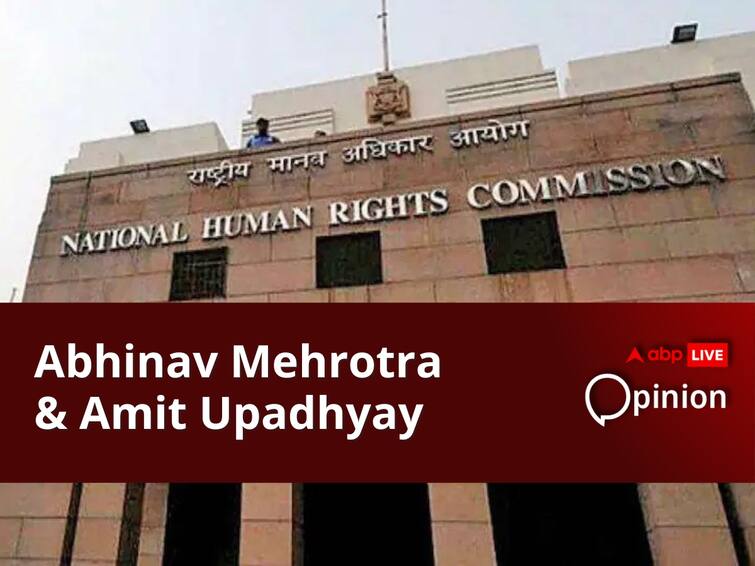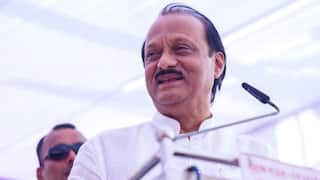Why India Must Make NHRC Recommendations Enforceable

The Global Alliance for Human Rights, a UN-recognised body, has deferred the accreditation of India’s National Human Rights Commission (NHRC) for the second time since 1999, based on a plethora of issues ranging from what they called political interference in appointments, poor cooperation with civil society, and involving the police in probes into human rights violations, besides lack of diversity in staff and leadership, and insufficient action to protect marginalised groups. All these issues have been cited as contrary to the UN’s principles on the status of national institutions (the ‘Paris Principles’). All national human rights institutions holding the ‘A’ rating are required to be reaccredited after every five years. In 2016 too, the NHRC’s accreditation was deferred. It eventually received the ‘A’ rating in 2017.
Five years have since passed, and a reaccreditation is now due.
The deferment raises important questions regarding the basis of the decision, the role of the Global Alliance for Human Rights, the functioning of the NHRC, and the possible way forward. It needs to be understood that even though created at the state or country level, the UN has defined a normative framework for the National Human Rights Institutions with an aim to enhance the effectiveness of the international system for the promotion and protection of human rights. In this context, the Sub Committee on Accreditation (SCA) of the Global Alliance for Human Rights has been mandated with the responsibility of reviewing and accrediting all National Human Rights Institutions in compliance with Paris Principles every five years.
ALSO READ | Cost of Climate Change Is Rising In India, And We Need To Act Now
Strengthen NHRC to Uphold Human Rights
Historically, the first International Workshop on National Institutions for the Promotion and Protection of Human Rights was held in Paris in 1991, which resulted in the establishment of Paris Principles that relate to the status and functioning of national institutions for the promotion and protection of human rights. The Paris Principles that were derived as a result of this workshop established certain criteria to ensure the functioning of the national institutions such as the mandate and the competence of such institutions. Further, the autonomy of such an institution from the government, the pluralism is in dispute in the NHRC case.
In India, the NHRC was created under the Protection of Human Rights Act,1993, which also provides for the establishment of the State of Human Rights Commission. Its functions are to protect and monitor human rights as well as investigate and recommend remedies for immediate wrongs and to strive for the development of human rights culture. The lack of investigative mechanisms along with dependence on central and state investigative authorities, power to only make recommendations, and lack of funds are some of the key issues faced by the NHRC. It is still one of the first national human rights institutions established in the Asia Pacific region that reflects the Paris Principles. The NHRC is unique because it is one of the few national human rights institutions in the world whose chairperson is a former chief justice of the country. The government should address these concerns by making the NHRC’s recommendations enforceable to have an effective mechanism for the protection of human rights in India along with answering the questions on diversity and representation, which were not sufficiently addressed by the 2019 Amendment to the Protection of Human Rights Act 2019 as the NHRC’s composition should be diversified to include members from the civil society to provide for a holistic and comprehensive approach to protect the human rights of individuals.
From an international perspective, India needs to take charge and prioritise certain issues affecting the international human rights regime. For it to emerge as the torchbearer of peace and harmony, it needs to strengthen the National Human Rights Commission, which aims to promote and monitor implementation and compliance with human rights obligations. This would further strengthen the belief and hope that India is the mother of democracy that protects the human rights of its people.
Abhinav Mehrotra is an Assistant Professor at OP Jindal Global University and holds an LLM in International Human Rights Law from the University of Leeds. Amit Upadhyay is an Associate Professor at OP Jindal Global University and holds an LLM in European and International Law from Freie Universität, Berlin, Germany.
[Disclaimer: The opinions, beliefs, and views expressed by the various authors and forum participants on this website are personal and do not reflect the opinions, beliefs, and views of ABP News Network Pvt Ltd.]


























